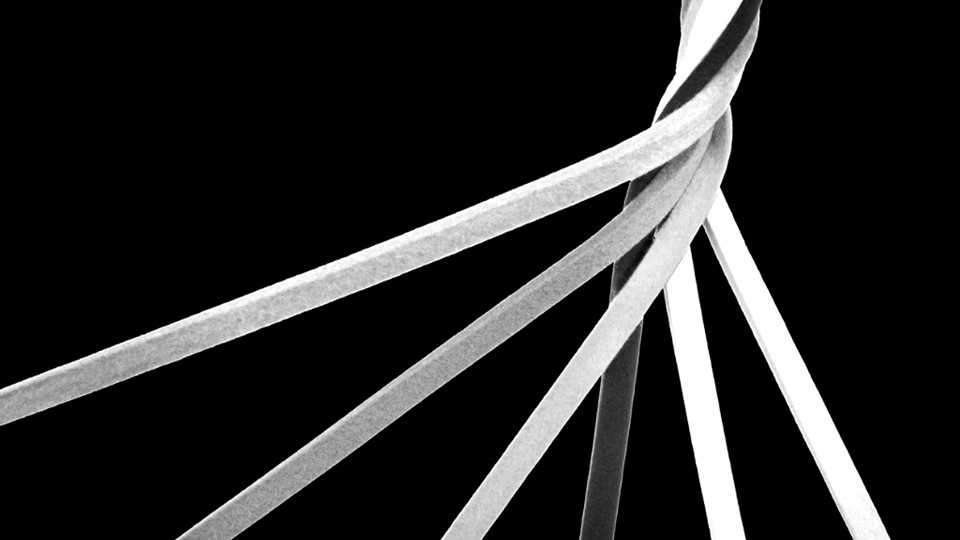Pre-stressing Steel Cartel: Deutsche Bahn wins appeal in a follow-on claim in one of the longest running cartels in Europe
On 30 January 2024, the Court of Appeal of ‘s-Hertogenbosch delivered its long-awaited judgment in the case of Deutsche Bahn against several prestressing steel producers who had attempted to argue that the claims were time-barred under German law.
The Court ruled that the prestressing steel producers are jointly and severally liable to Deutsche Bahn for the damages suffered as a result of the infringement of Article 101 of the Treaty on the Functioning of the European Union.
One of the largest and longest running cartels
The European Commission confirmed in June 2010, that for almost two decades 17 prestressing steel producers participated in a cartel between 1984 and 2002 within the European Economic Area other than Greece, Ireland and the UK and fined them €269 million. At the time the Commission Vice-President in charge of Competition exclaimed: “It is amazing how such a significant number of companies abused nearly the entire European construction market for such a long time and for such a vital product. This was almost as if they were acting in a planned economy.” The combined market share of the cartelists amounted to approximately 80% of the EEA pre-stressing steel market.
The prestressing steel case has a long history of legal proceedings, spanning several years. On 28 January 2020, the Court of Appeal overturned a 2016 judgment of the District Court of Limburg, in which it was held that civil damages claims brought by Deutsche Bahn were time-barred under German law. Four years later, the Court of Appeal ruled on the merits and held that the prestressing steel producers are jointly and severally liable to Deutsche Bahn and must compensate all damages suffered by Deutsche Bahn and the direct purchasers of prestressing steel who assigned their claims.
The establishment of liability
The Court awarded the requested declaratory judgment on liability and referred to the procedure for the calculation of damages. Deutsche Bahn was represented by Hausfeld.
Significant importance was placed by the Court to the decision of the European Commission which established that an infringement existed and had persisted for approximately 18 years. In addition, the Court considered that in view of the long-running nature of the cartel and the fact that more than 80% of the market participated in the cartel, a run-off effect is sufficiently plausible. Considering this and given the purpose and implementation of the infringement, the court accepts that it is sufficiently clear that the infringement may have resulted in either direct or indirect damage to Deutsche Bahn. Consequently, the Court held that the German law requirements for liability were met.
Deutsche Bahn opted for a successful litigation strategy by taking over all claims from the German state and direct purchasers of pre-stressing steel. Claims from different levels of the supply chain (direct and indirect purchasers) were bundled and brought before the Court by Deutsche Bahn. As a result, the Court could deal with complex pass-on issues in a practical manner. The amount of Deutsche Bahn’s damages is to be assessed in the procedure for the calculation of damages.
Dr. Tilman Makatsch, head oft the cartel damages department at Deutsche Bahn AG: “The judgment makes it clear that the cartelists must compensate all damages suffered by Deutsche Bahn, the German State and the sleeper manufacturers who assigned their claims. We therefore expect the defendants to now take responsibility and actively cooperate in reaching out-of-court settlements.”
Hausfeld partners Rogier Meijer and Erik-Jan Zippro:
“This is a major victory for our client Deutsche Bahn. The court recognised Deutsche Bahn's successful litigation strategy. After many years of litigation the Court of Appeal awarded the requested declaratory judgment on liability and referred the case to the damages calculation procedure."
In the Netherlands, parties do not require permission to lodge an appeal to the Dutch Supreme Court. On April 30th, the defendants appealed the decision of the Court of Appeal. It remains to be seen how the Supreme Court will rule on the matter as the claim is governed by German law.
Read the European Comission decision press release of 4 April 2011 which includes a list of the steel producers and their respective fines.




